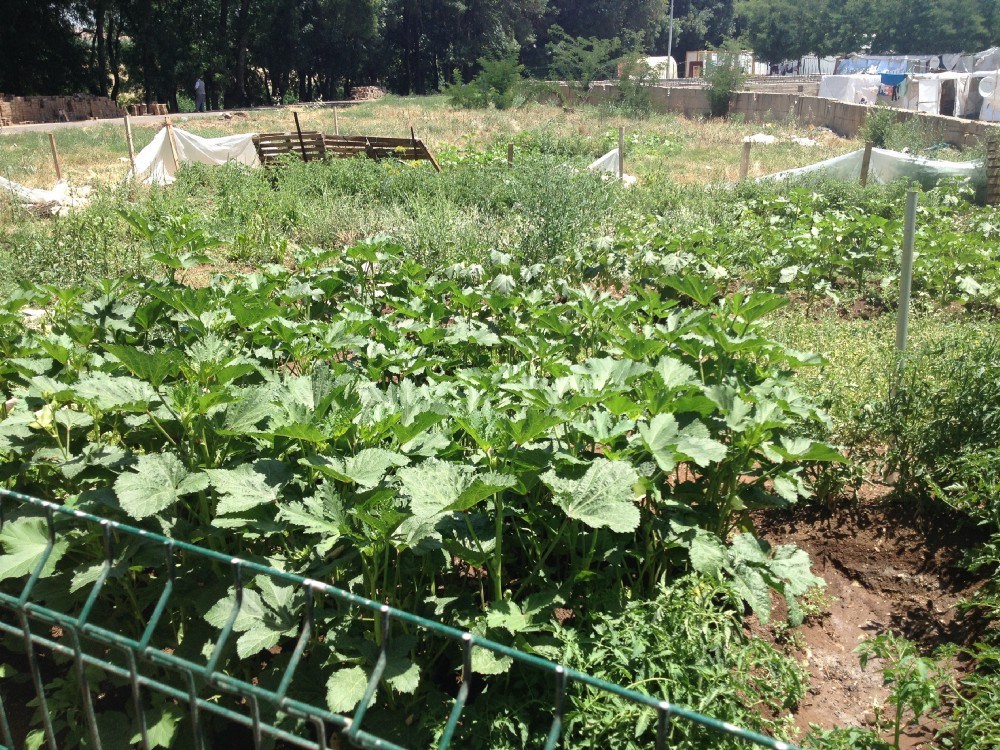
Despite some local differences, the food and farming systems of most countries have suffered from somewhat similar serious problems in recent decades. Firstly, the problems of ordinary farmers have intensified despite government claims of increasing farm support. In many cases this is related to heavy escalation of costs, in turn leading to debts. Many have lost the status of owner cultivators. Secondly, at the same time power and control of big corporate interests has increased greatly. Thirdly, there have been growing complaints that the food produced by this system has problems relating to safety, health and nutrition and that this system also results in a lot of environmental ruin, biodiversity loss and excessive, avoidable GHG emissions. Increasingly analysts see all these problems to be related to each other.
On the other hand, the good news is that in thousands of places in various countries, small efforts are being made by farmers and activists, in some cases helped by scientists and officials, to find solutions and alternatives which can avoid all or most of these problems while providing good yields or improving them further. Out of all these efforts more organized thinking is emerging which can be called the social agro-ecology approach which in the near future can provide the key to avoiding all the above mentioned problems of food and farming systems while also contributing in a big way to checking climate change.
If the essence of the social agro-ecology approach is to be captured in just one sentence, then it is a meeting point of two predominant concerns of providing secure, sustainable livelihoods of ordinary farmers and peasants on the one hand and resolving major environmental, nutrition, health and safety issues on the other hand. In a nutshell it is a meeting point of equality and environment protection, of justice and safety, of livelihoods and health. These main concerns are closely related to each other and should be pursued together.
An important aspect of this approach is to observe and understand natural processes and to try best to work in harmony with this understanding of natural processes. Nature is bountiful in several ways. Without human beings making any efforts nature contributes to fertility of soil , greening of land and proliferation of bio-diversity, also providing many edibles. While cultivating certain crops of their choice human beings make interventions in this system, but it is best to do so only after understanding the systems of nature’s bounty as there is so much that nature can contribute without any human effort and it is best to utilize this.
Earthworms and many micro-organisms work ceaselessly to make soil fertile. Legume plants have the extraordinary ability to make available nitrogen to soil. Bees, butterflies, many insects and birds provide invaluable service as pollinators. Frogs and owls help to control certain pests. Many friendly insects help to keep in check harmful insects.
There are several plants which support the growth of each other. Mixed farming of wheat with gram can help to maintain fertility of soil and the same is true of mixed cropping of other cereals and legumes. Similarly if proper rotation is selected this too helps to maintain soil fertility. Some tender plants grow better in the shade of some dense or taller plants. Some creepers need the support of strong stems of certain plants. Generally time-honored mixed farming practices and rotations are very admirably linked to nutrition needs of people as well as soil, and are also in conformity with local rainfall and water access.
A lot can be gained in terms of improving yields while at the same time maintaining soil fertility if just this aspect of which crop grows well with another crop is well understood and if crop rotation is well understood. I have met women farmers growing over two dozen crops on a small one or two acre farm and getting, sustaining good yields, mainly on the basis of this understanding. I could see their face glowing with quiet pride as they guided me to various nooks and corners of their fields, surprised at my lack of knowledge of what was so obvious to them, yet being very tolerant towards an ignorant but well-intentioned friend from city!
Similarly the relationships between farm animals and birds ( and in some cases fish also) on the one hand and crops and trees on the other hand needs to be understood so that these can contribute better to each other. The diversity of seeds is important and the precise suitability of seeds of a particular variety for particular type of land should be well understood, as also other aspects of various seed varieties , in order to realize their proper potential. Hence it is important to give a lot of importance to collection and maintenance of traditional seed varieties and to promote mutual exchange of these seed varieties among farmers so that more of this traditional, rich bio-diversity can flower in fields.
Farming based on such care and understanding is only possible on the basis of hard working small ( and medium ) farmers and the other part of social agro-ecology is to ensure that the small farmers remain the base of agriculture and farmland does not pass into the hands of big landlords and corporate. If some land or much of land has passed into their hands then this should be taken back and redistributed among landless or near landless rural households.
Social agro-ecology is essentially a system of small farmers who are encouraged towards increasing levels of cooperation and mutual help to better understand nature and natural processes and work with cooperation on the basis of this understanding, respecting nature and its ways.
Women farmers make a very important contribution in most small farmer systems and are known for their hard work and creativity. Hence more encouragement and recognition should be extended to women farmers in social agro-ecology which challenges the concept of farmer being identified predominantly as male.
Social agro-ecology has the potential to provide highly creative, satisfying , sustainable livelihoods to a very large number of people while also protecting nature and providing adequate healthy, nutritious, safe food. It is admirably suited also for reduction of GHG emissions and their absorption. Hence this is clearly the most desirable pattern for farm policy .
The writer is a veteran journalist who has received several awards for covering rural and environmental issues.
SIGN UP FOR COUNTERCURRENTS DAILY NEWSLETTER
















































